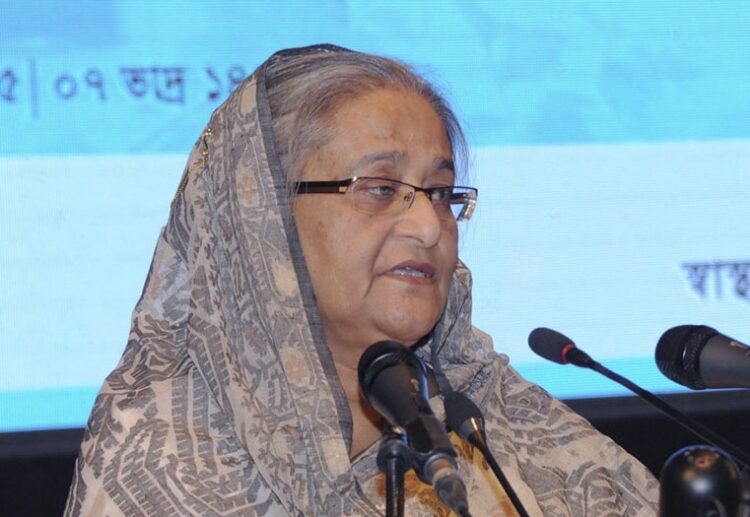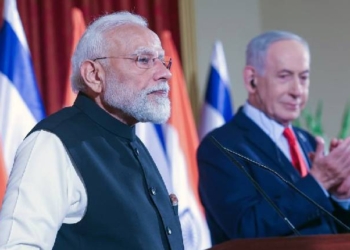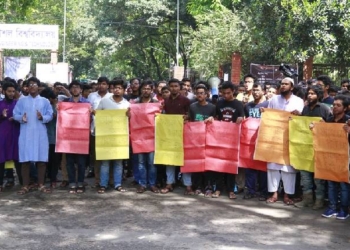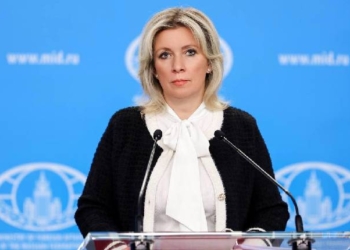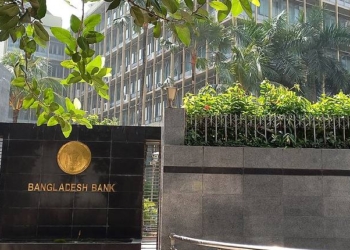Dhaka: The death sentence handed to Bangladesh’s former Prime Minister Sheikh Hasina demonstrates a political execution carried out in the name of law, approved by an unelected authority, and announced through a tribunal reshaped for eliminating a former PM who once challenged the very networks now sitting in judgement over her. The judgement against Hasina is not a miscarriage of justice but a warning for Bangladesh, a report detailed on Wednesday.
“For millions of Bangladeshis who have lived through military coups, caretaker governments, and political upheavals, the verdict feels brutally familiar — but also unprecedented. This time, the demolition of due process was not accidental. It was designed. The legal architecture was torn down and rebuilt in haste, not to uncover truth but to silence a political rival and rewrite the nation’s memory. This was not justice collapsing under pressure. This was justice methodically strangled,” political analyst Anjuman A Islam wrote in Eurasia Review.
He emphasised that Bangladesh’s interim administration led by Muhammad Yunus did not hide its intentions as the International Crimes Tribunal (ICT), formed to bring justice for the atrocities of 1971, was transformed through executive orders that reshaped its fundamental structure. These changes were not discussed, examined or reviewed by any elected body but they were imposed.
Investigators were given powers to conduct search and seize without judicial oversight. Defence preparation time was reduced from six weeks to three weeks, making it virtually impossible for any legal team to analyse evidence, summon witnesses or make a coherent defence. Prosecutors were granted authority to issue their own search warrants, surpassing the tribunal entirely, the Eurasia Review report highlighted.
The Yunus administration also amended the ICT Act to stop anyone charged — not convicted — from participating in elections or holding public office. In effect, a simple accusation had the ability of removing rivals without requiring proof. The verdict against Hasina discredited Bangladesh’s former PM and cleared the path for those who could never defeat her in the polls.
“Hasina was denied meaningful legal representation. Her defence team lacked time, access, and resources. They were prevented from adequately cross-examining witnesses. Attempts to introduce rebuttal evidence were dismissed outright or labeled ‘irrelevant.’ Requests for expert testimony were denied without explanation. International human rights norms require that defendants tried in absentia receive an automatic right to retrial. Hasina was denied that option. The tribunal offered no assurance that she could ever contest the charges should she return. This was not a trial. It was a performance with a foregone conclusion,” the analyst stated.
The verdict against Sheikh Hasina shows that courts can become tools of the powerful and that political vengeance can masquerade as law.
“Bangladesh stands at a perilous crossroads. A judiciary reshaped by decree cannot protect the innocent. A tribunal that modifies rules to suit political goals cannot command respect. And a court that delivers a death sentence through a process rife with coercion, secrecy, and political bias cannot claim legitimacy. The verdict against Sheikh Hasina is not just a miscarriage of justice. It is a warning to the nation. It warns that courts can become tools of the powerful. It warns that political vengeance can masquerade as law. And it warns that a country built on the promise of justice can lose its moral compass when truth becomes dangerous. If justice can be rewritten for one leader, it can be rewritten for anyone,” the report highlighted.
(IANS)




